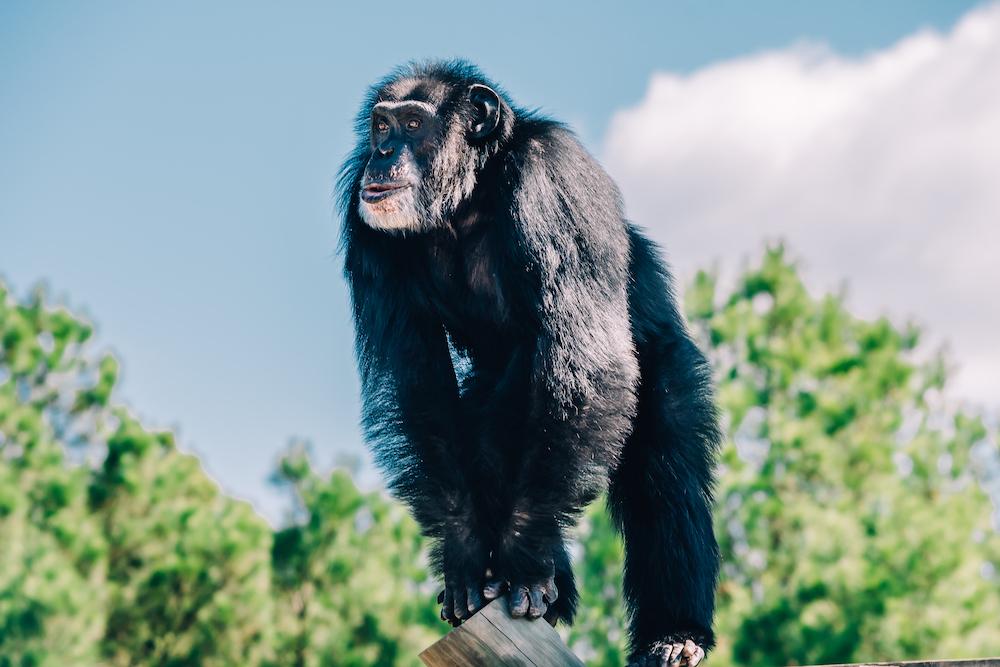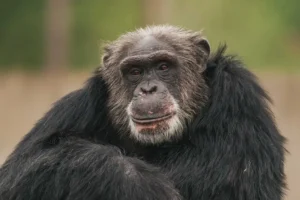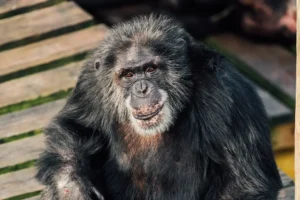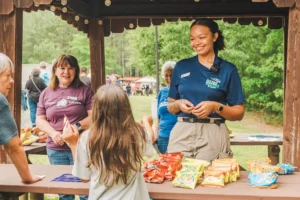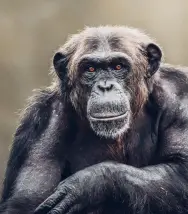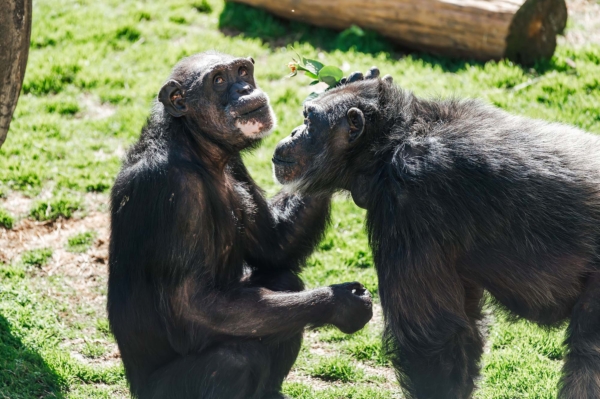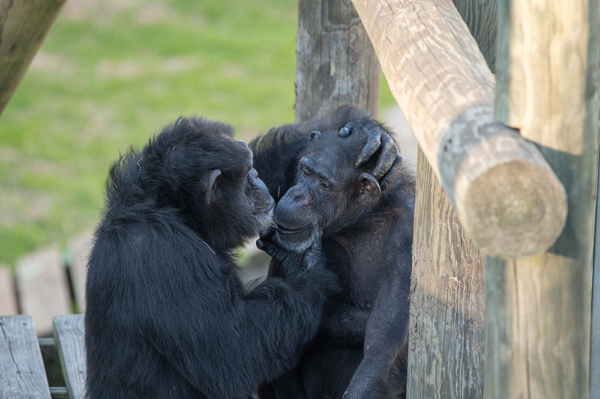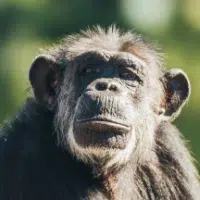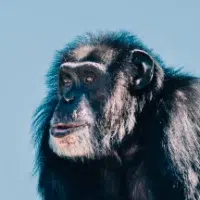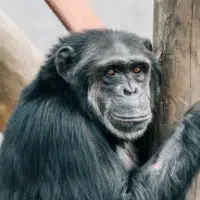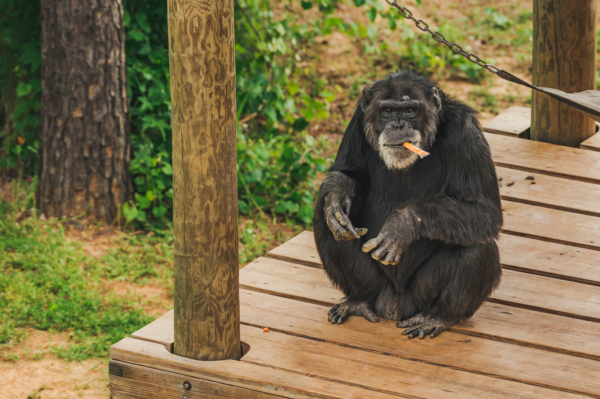
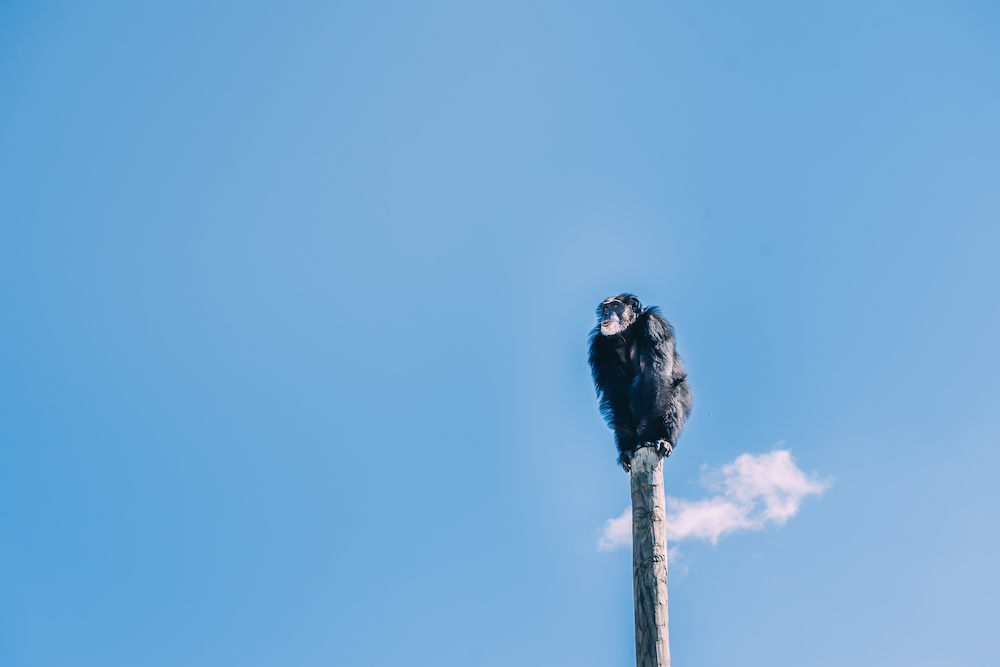
HBO’s “Chimp Crazy” highlights the urgent need to prohibit the private possession of chimps as pets and roadside zoo attractions. Learn more about how you can support the Captive Primate Safety Act and ensure chimps like Henry receive the expert care they deserve.
Henry was rescued in 2009 when animal control officers found him in a rusty cage in a garage in Houston, Texas. He was alone and surrounded by filth. For 15 years, he had existed like this, living as a “pet.” It was reported that in his early years he was moved from owner to owner and was known to have been badly abused.
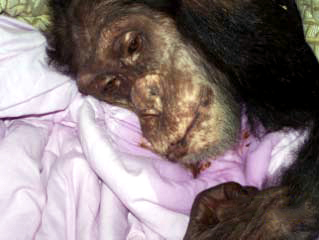
While it’s illegal to import primates into the United States for the pet trade, U.S. breeders provide a continuous supply of baby primates to meet demand, shipping to buyers across the country. For relatively little money, a person can buy virtually any species of monkey or ape, but rarely understand the consequences of owning a primate.
Henry’s chance for a new life arrived when he was rescued. Severely underweight and malnourished, various animal welfare partners in Houston worked intensively on Henry’s recovery. From the start, they could see he was friendly and liked people—a miracle in light of what he had suffered throughout his life.
After a few months of rest and veterinary care, Henry was ready for the next phase of his recovery. He was driven to his new, permanent home at Chimp Haven.
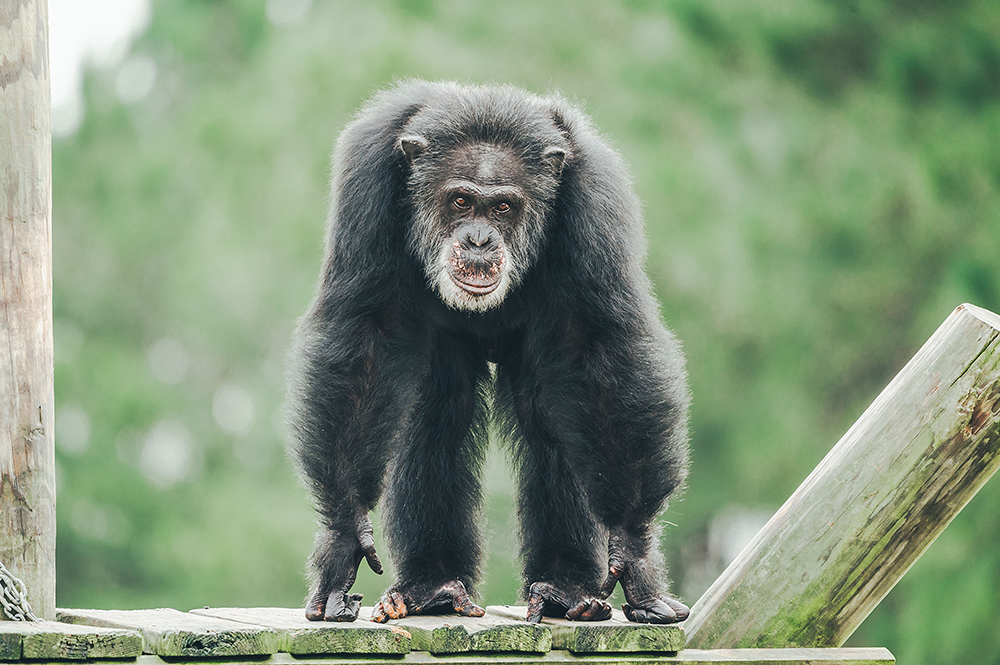
Integrating Henry into the chimpanzee population at Chimp Haven took months. The fact that Henry had never socialized with other chimpanzees meant that he had to be slowly introduced to other chimps. The process, very carefully choreographed, was arduous. Having been socialized by humans, Henry did not know how to act like a chimpanzee.
Fortunately, his new family members were patient and mentored him. Sarah Anne (who has since passed), would even bring Henry food and blankets when he chose to sleep outdoors away from his groupmates during his early days at the sanctuary.
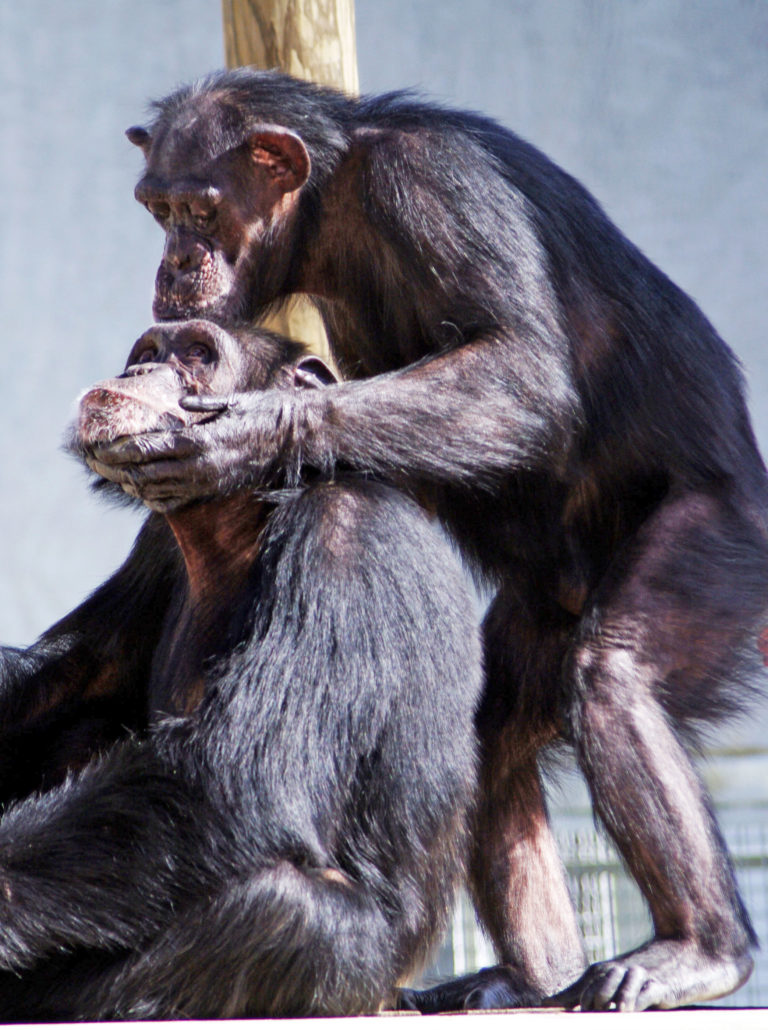
Henry has now been at sanctuary for as many years as he was kept as a pet; years which have included incredible, inspiring moments and heartbreaking challenges. Though today he is thriving in his life at sanctuary, Henry still at times struggles socially and behaviorally with his fellow chimps and will likely have quirks that will need to be managed for the rest of his life.
We are incredibly grateful that Henry had the opportunity to come to Chimp Haven, where a team of dedicated, expert caregivers are committed to providing him with the very best life, despite the challenges he’s faced as a result of his early years of neglect and lack of appropriate socialization.
Estimates suggest there are thousands of primates currently held privately as pets in the United States, if not tens of thousands. When human owners can no longer manage their care, the responsibility falls to rescue organizations and sanctuaries to pick up the pieces and manage the incredibly complex and expensive care for the remainder of the animals’ lives, which for chimps in captivity, can be well into their sixties.
Private ownership of primates has a tremendously detrimental impact on animals, threatens public safety, and strains resources of the community, sanctuaries, and rescue organizations.
The Captive Primate Safety Act seeks to prohibit the private possession, sale, and transport of primates, and if passed, would essentially end the chimp pet industry. Please join us in putting an end to private primate ownership, and ensure chimpanzees are cared for by accredited facilities and sanctuaries.
